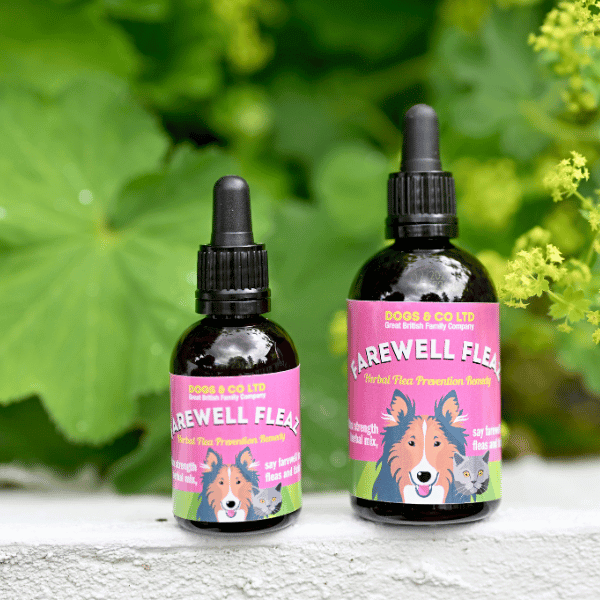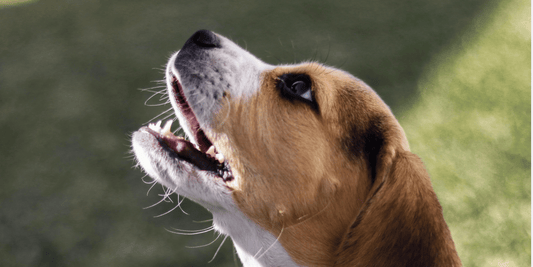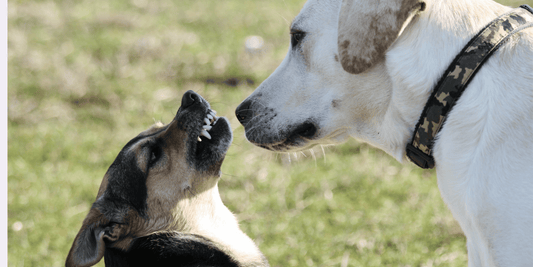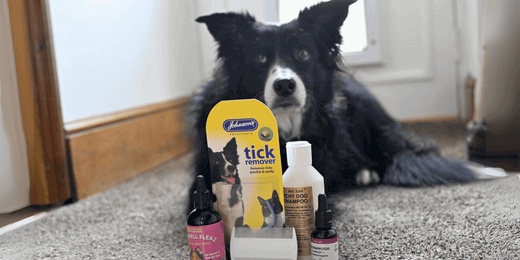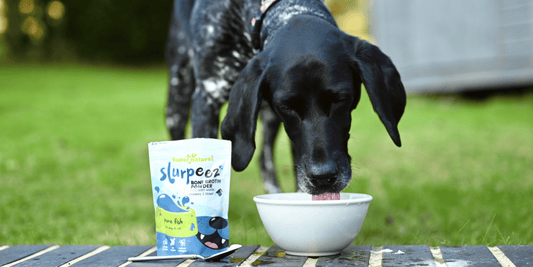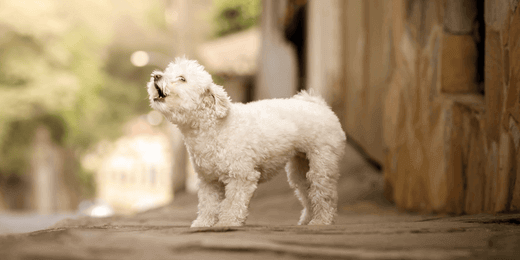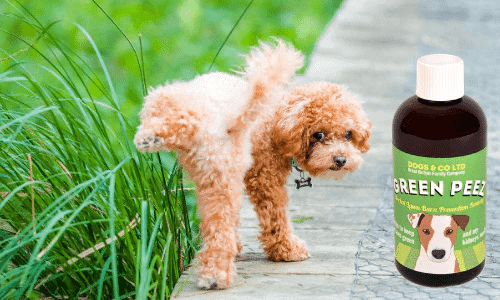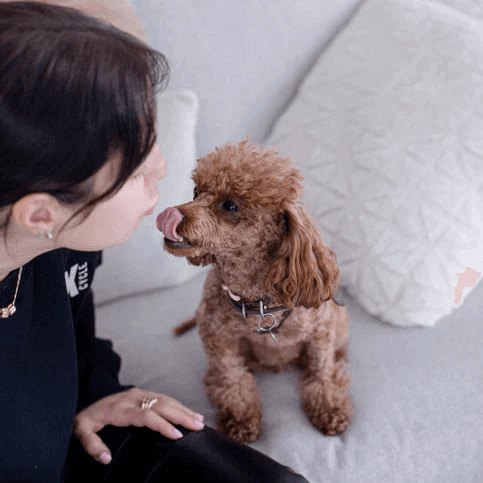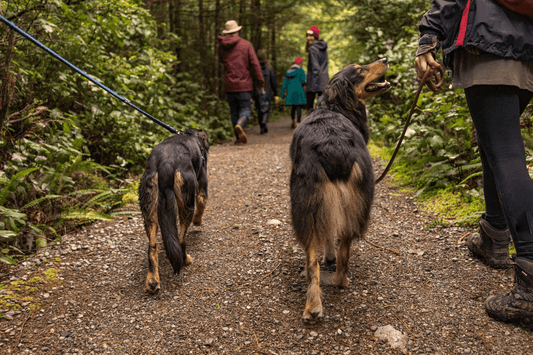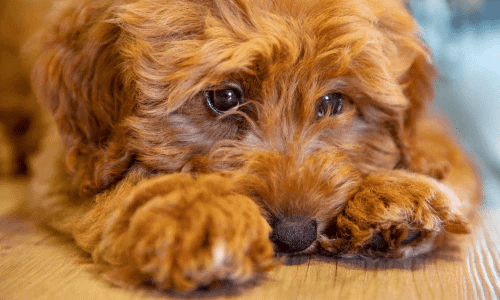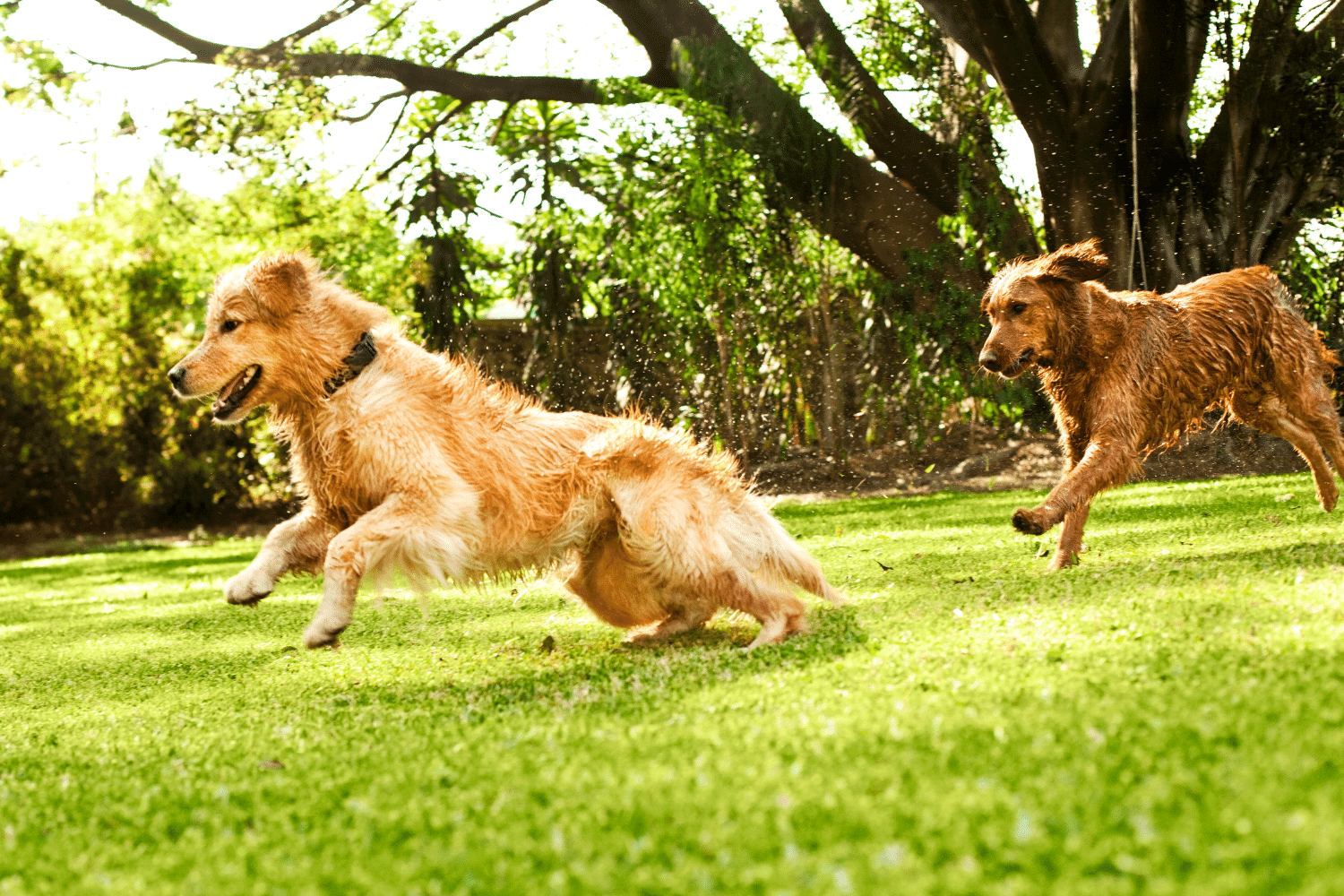
The Bottom Line. Why Does My Dog Lick His Bum?
Why does my dog keep licking his bum?
Click Here to See Products Recommended in the Video Above
Does your dog do any of the following?
- Rubs or scoots their bottom along the floor
- Licking around their tail and bottom
- Trying to bite the area around their tail
You certainly have a dog with an itchy bottom! What could be the cause and what can you do to help?
A trip to the vet is probably needed to determine exactly what's causing the problem but most likely it is one of the following:
- Your dog's anal glands are blocked or infected
- Your dog has worms
- Your dog has fleas
- Your dog has a food allergy
So what are dog anal glands?
The anal glands are two small glands located around the opening of a dog's bottom and are partly responsible for the foul smell of dog poo. For us humans, all poo smells the same - pretty gross. But for dogs with their heightened sense of smell, every pile smells different.
Each dog has her own unique blend of pheromones which when secreted by the anal gland gives every poo its own unique smell. That's why your dog will often sniff another dog's bottom or poo. She is getting unique information about the owner of that bottom. Yuck right? Well in a healthy pet it's not too much of an issue but for a dog that suffers from anal gland problems, it's a very smelly and uncomfortable affair.
Blocked Anal Glands
For some dogs the anal glands become compacted. This means that the hole from which the mucus is secreted becomes blocked by a thickening of the mucus and their signature scent cannot be emitted. The afflicted dog will start to feel very uncomfortable and the area around the anus may become red and sore. If you notice your pet scooting across the floor on his/her bottom or constantly licking their rear then it's an indication that he/she may be suffering from an anal gland issue.
It's obviously vital that you visit your vet in the first instance to rule out anything more serious. However if your vet thinks it is an anal gland issue he/she will probably suggest expressing the anal glands. Lots of information on the web will tell you how to do this yourself however I really wouldn't advise it. It's a smelly job, with brown foul smelling liquid being expressed. If not done properly, it could cause considerable discomfort to your pet. Leave it to the experts. Expressing the anal glands is a short term fix and will provide your pet with temporary relief however if you don't address the underlying problem in the first place then you may well end up back at the vets within a couple of months with the same complaint on your hands.
However, there is plenty that you can do at home to alleviate this condition. I recommend that you try to identify the cause of the problem.
Diet is the biggest culprit when it comes to compacted anal glands. Many of us feed our dogs on commercial pet foods which have a high cereal content. Whilst commercial grain based dog foods are convenient they are generally not the best diet for our pets. If you're reading this article you may have heard of the BARF diet. This is a diet composed of raw meaty bones and vegetables. This is an ideal diet for keeping our dogs healthy and for avoiding anal gland compaction. When you feed your dog bones, it helps to keep the stools firm. A firm stool is essential for expressing the anal glands. Too soft and the anal gland will not be expressed fully hence leading to a build-up of mucus and therefore compaction. Not rocket science right? Click here for more information about feeding a natural diet.
If you really can't completely give up the commercial pet foods then try to incorporate a few simple changes into your pet's diet such as adding a raw bone to her dinner. Contrary to popular belief it shouldn't be a hard bone such as a marrow bone. Instead choose a soft bone like a chicken wing or a shoulder of lamb that the dog can quickly crunch. This has the added advantage of meaning that your dog won't be chewing all afternoon on her bone and/or guarding it. Just remember to never feed cooked bones which they can't digest properly. Cooked bones are more brittle and more likely to splinter than raw ones and may prove fatal to your pet.
Adding bran to the diet is often suggested. However in my experience, this only makes the poo bulkier and softer. Ideally your pet's stools should be firm enough to encourage the anal gland to express itself naturally.
For dogs suffering from anal gland compaction a herbal supplement containing psyllium seeds will also be very effective. I suggest using a supplement such as Petcol which contains psyllium seed together with pro and pre-biotics to restore your dog's gut. Alternatively try No Scoot which you give daily in the form of small treats. Whichever supplement you choose, try our homeopathic anal gland support in conjunction with it. Homeopathy is perfect for dogs suffering from acute cases and will help to soothe dogs with compaction. All of these products are mentioned in the video above and can be purchased by clicking here.
If a change in diet and the use of natural supplements fails to improve your pet's anal gland issue then it might be time to visit the vet again. On rare occasions, it is possible that compaction may be caused by an underlying genetic issue. Sometimes the anal glands are located too deep in the rectum. This means that there is not enough pressure on the glands to enable them to express themselves properly. In this case, medical intervention is required and as a last resort the glands may need to be surgically removed.
Worms and Fleas
If the cause of your dog's bottom licking is not anal gland compaction then it may have or have had fleas. The most likely places to find fleas on your dog are on their head, behind the ears, under their 'armpits' and around the base of the tail. If when you groom your dog you see little black specks, these could be flea dirt. Drop the black specks onto a damp bit of tissue and if the tissue turns red then you are definitely looking at flea dirt. Fleas and tapeworms have an interdependent life cycle so if your dog has fleas then it most likely has worms too, yet another cause of the itchy bottom!
Questions & Answers
Question: I notice that when my dog is out on a walk, she does several poos. The first are generally hard stools but very often, she will pass a liquid mucus towards the end of her walk. Is this a sign of an anal gland issue? She isn't displaying any other symptoms.
Answer: If your dog isn't displaying any other signs of discomfort e.g. licking her bottom constantly and scooting across the floor on her hind legs then I wouldn't worry too much. It is important to monitor your dog's health on a daily basis. It's a good idea to check their stools regularly so that you can become accustomed to the shape, smell or consistency of their poo which will give you an indication of whether there is a problem or not. Any lasting changes to appearance or consistency (more than a day or two, sooner for a puppy or elderly dog) may require a visit to the vet to be on the safe side.
Question: I express my dog's anal glands every month or so. I've just read your article and am now wondering if I have been doing the wrong thing.
Answer: Some people express their dog's anal glands themselves. In fact, if you regularly express their glands you may be doing more harm than good. The muscle around the wall naturally contracts when the animal is passing faeces. If you regularly artificially express the gland you risk interfering with its natural cycle and may end up causing a problem which did not exist in the first place. Anal glands should only be expressed when necessary and when advised by a vet.
Question: My dog is constantly licking her bottom. I have checked her bottom and it doesn't look sore but could it still be an anal gland compaction?
Answer: There are many reasons why dogs lick their bottoms. Do remember that bottom licking is part of a natural self-cleaning process. However, if you feel that the licking is excessive or unusual then it is worth taking your dog to the vet. If it is not an anal gland infection then it could be worms. When did you last worm your dog? Check her stools to see if you can see any worms although remember that worms are not always visible in the faeces.
